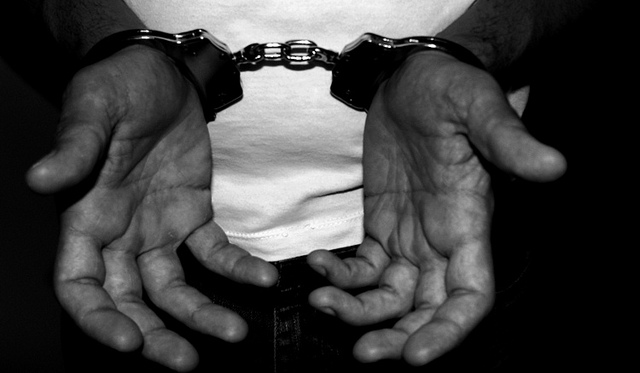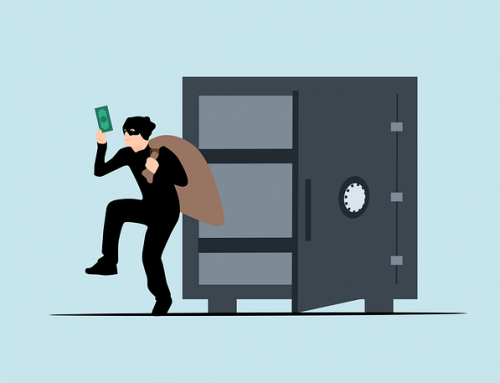If you’re wondering about bail bond forfeiture and how to avoid it, then read on.
When someone is released from custody via bail bond, they must comply with all the conditions of their bail and make sure to tend to their court obligations. The conditions can vary widely, and include things like:
- Maintaining or actively seeking employment
- Maintain or begin an educational program
- Surrender passport and follow travel restrictions
- Adhere to a curfew
- Check in with police
- Abstain from drugs or alcohol
- Refrain from contacting a specific person
The most important by far is to attend all of their court dates. When a defendant doesn’t show up for court, a bench warrant is issued for the defendant’s arrest. Bench warrants are so named because they’re issued by a judge from the bench. They’re different from other arrest warrants in that they don’t require an investigation or for police to even ask. Once the bench warrant has been issued, the defendant can be arrested at any time.
After issuing the bench warrant, the judge will issue a bail bond forfeiture, meaning that the signer of the bail bond and the bail bondsman will have a set period of time to get the defendant back into the system. If they fail to do so, the judge will issue a summary judgment, requiring payment of the full bail amount to the court.
When you bail someone out of jail, make sure it is only someone you know and trust. Avoiding bail bond forfeiture isn’t that hard, and it simply requires that the defendant attend all of their court proceedings on time.






